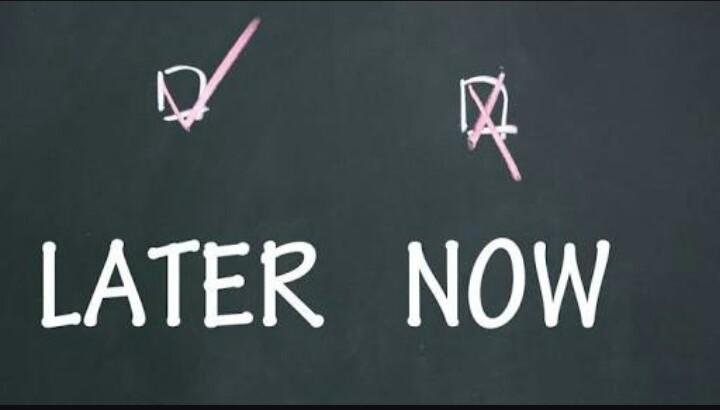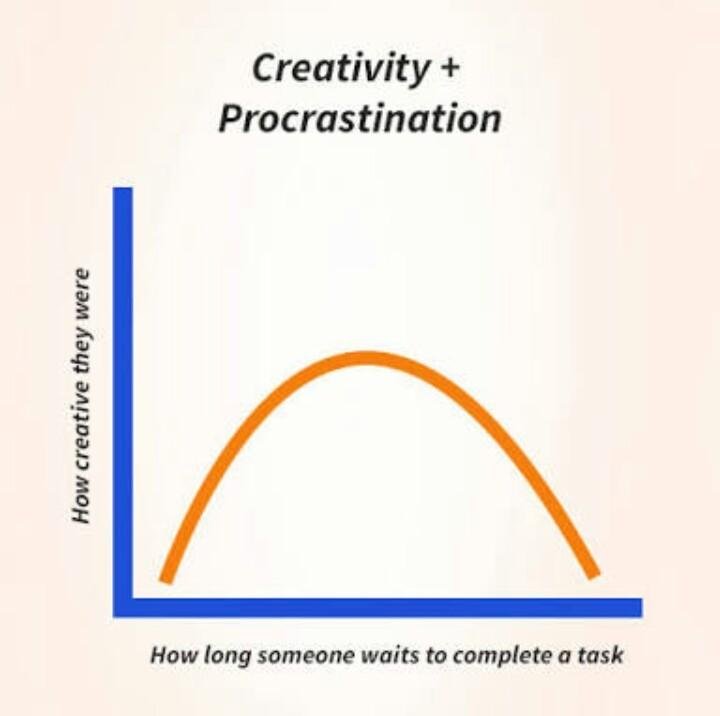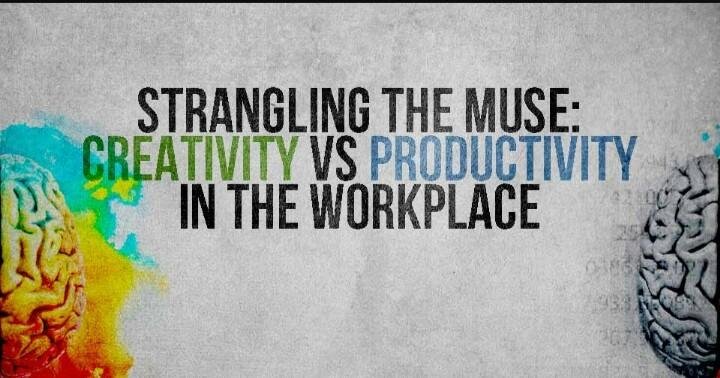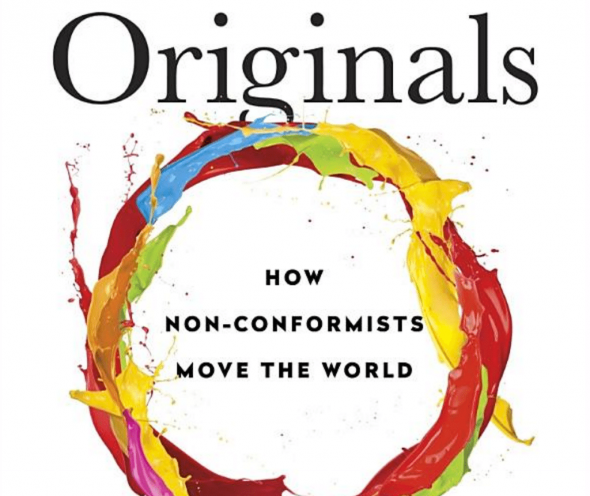
In part 1, we introduced the salient concept on how creativity can be inspired by procrastination, as well as scenarios of recorded achievements by some people who procrastinated. However, it begs the questions:
• How were these researches carried out? what proof do we have?
• How about the "pre-crastinators", the people who get to doing stuff right away. How creative do they get?
• How much procrastination is just needed to be a tad more creative?"
Prof. Adam Grant was first alerted to the theory when Jihae Shinn, one of his “most creative students” told him that she had her most original ideas after she procrastinated. He found this rather intriguing, and challenged her to get some data to back up that claim, which she did.
Shinn went out with her group of friends and surveyed people on their procrastination habits and then got their bosses to comment on how creative they are. To her surprise, the pre-crastinators were rated as less creative than those who procrastinate moderately.
Next, Prof. Grant designed some experiments with a few colleagues to see if the relationship between procrastination and creativity is simply a correlation or if the former actually causes the latter. He asked people to generate new business ideas, tasking some to do it right away and others to do it 5 or 10 minutes later later. When independent raters reviewed them, those who procrastinated by playing Minesweeper for five minutes (as opposed to doing it right away or playing for 10) were rated as 16% more creative.
Imagine that, a whooping 16% increase in creativity! I'm not really sure how to quantitatively assess 16% creativity, but I've gotta say I'm really impressed. And it wasn’t because of Minesweeper itself; the creativity boost only occurs when you procrastinate after learning about the task. Those who played minesweeper before learning about the task didn't get anymore creative.
So long as you're delaying your work with the explicit idea of coming back to it, and soon too, you tend to get new ideas on how to get it done.
Pre-crastinators Vs Procrastinators.
As Prof. Grant put it in his New York Times column, "Pre-crastination is the urge to start a task immediately and finish it as soon as possible."
This probably comes down to the puzzle of which is required... Productivity or Creativity? For straightforward routine tasks, no need trying to get extra creative with those. Just stick to the recipe and do what is required of you. Do you need to get it done as soon as possible? then it's wise to get started immediately.
However, when creative results are required, you might want to take a more circuitous route. Taking myself as an example, i try not to over-stress myself. Sometimes it takes a while to get a single article completed and i understand that and i don't try to rush it so i don't spoil it. If the words aren't flowing, I've gotta accept that and go have fun doing something else. But i also let the thoughts linger in my mind by thinking divergently. Going back to that task later on gives me a lot of cool ideas and illustrations I could use for my writing.
While Pre-crastination is a strong tool for productivity and progress, Procrastination however can be seen to increase the creativity that comes with getting things done.
If you’re a serious pre-crastinator, progress is like oxygen and postponement is agony. When a flurry of emails land in your inbox and you don’t answer them instantly, you feel as if your life is spinning out of control. When you have a speech to give next month, each day you don’t work on it brings a creeping sense of emptiness.
How Much is Too Much?
As fantastic as this whole procrastination thingy is, there is a catch. Prof. Grant noted that while procrastination is good, Taking procrastination too far, however, can also hinder creativity. Further research found that leaving things to the very last minute meant people rushed to complete tasks, which is essentially worse than implementing the easiest idea rather than coming up with the most original.

In a study he and his colleagues conducted in which people were asked to play Minesweeper in between a brainstorming session for new business ideas, only those who procrastinated "moderately" showed big leaps in creativity.
The key here is moderation and Balance and perhaps the graphs beside this texts will help explain things more clearly.
There really isn't a set time when you should stop procrastinating and get to work. It all works differently for different people. Sometimes, I let off for days, and it works just fine for me. Prof. Grant had to procrastinate a writing for 3 whole weeks. Here's what he had to say about that in his New York Times Article:
Once I did finish a draft, I put it away for three weeks. When I came back to it, I had enough distance to wonder, “What kind of idiot wrote this garbage?” and rewrote most of it. To my surprise, I had some fresh material at my disposal
If you really wait until the last minute to do something, you'll probably find yourself scrambling to cobble something together haphazardly. The work won't be creative; It'll be desperate. Somewhere in there is a sweet spot where the so-called "Originals" -People who exemplify that innovative, creative spirit- give themselves enough lead time to get the work done, but wait long enough to let the ideas incubate before rushing to finish the work.
What's in this for us?

What I discovered was that in every creative project, there are moments that require thinking more laterally and, yes, more slowly. My natural need to finish early was a way of shutting down complicating thoughts that sent me whirling in new directions. I was avoiding the pain of divergent thinking — but I was also missing out on its rewards. –Prof. Adam Grant.
Its All In The Balance, really. We might Wanna take some deliberate steps on "not" summarizing whatever it is we were doing on first thought. We could sort of, start off, give it some time and then get back to it. This gives us a lot of fresh ideas to tryout.

What Grant is trying to Show is that we can achieve divergent and lateral thinking –the bedrock of Creativity– by letting ourselves temporarily off the hook and I do believe that in doing this, we would not only take better decisions, but we would lead more productive and creative lives.
Adam Grant is a professor of management and psychology at the Wharton School of the University of Pennsylvania, a contributing opinion writer, and the author of Originals: How Non-Conformists Move the World.
